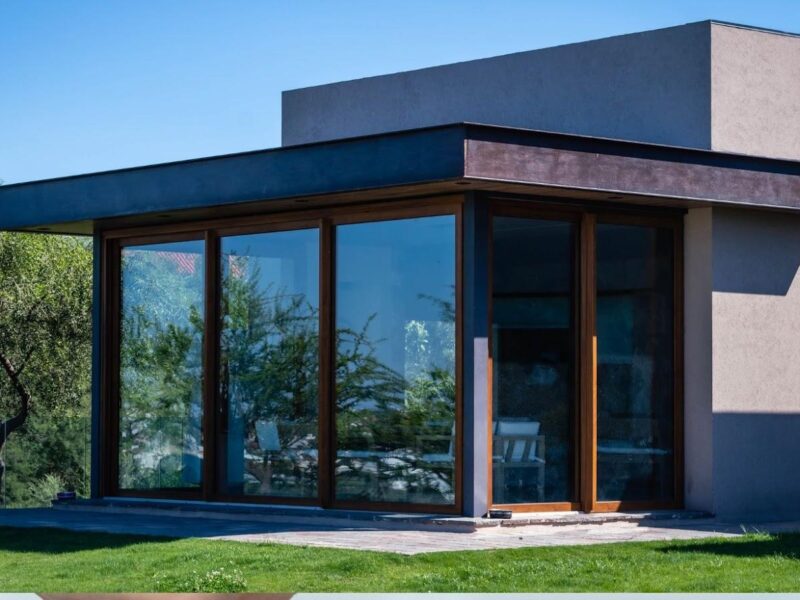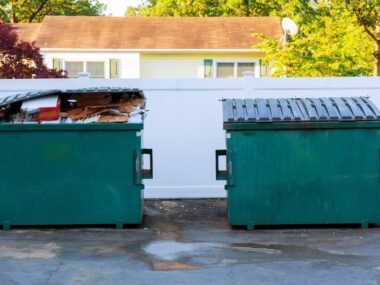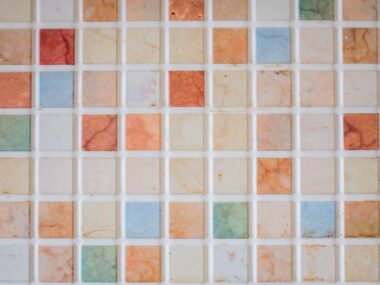As homeowners become increasingly aware of the need for energy-efficient solutions, innovative technologies are making it easier to reduce energy consumption without sacrificing comfort or aesthetics. One such innovation is the use of smart glass in residential spaces. Smart glass solutions offer a unique combination of functionality and design, enabling homeowners to improve energy efficiency while maintaining a modern and sophisticated look. Here’s how smart glass can transform your home into a more energy-efficient environment.
Dynamic Control of Natural Light
One of the key features of smart glass is its ability to control the amount of natural light entering your home dynamically. Traditional windows allow sunlight to pour in, which can lead to overheating during the summer months, increasing the need for air conditioning. With smart glass, you can adjust the transparency of the glass at the touch of a button, allowing you to block out or let in as much sunlight as needed. As glass suppliers continue to innovate, they are developing more advanced smart glass technologies that provide greater control over light and temperature, making it an increasingly popular choice for modern homes and businesses. This feature not only enhances comfort but also significantly reduces the need for artificial lighting during the day, contributing to lower energy consumption.
Improved Insulation Properties
Smart glass solutions are designed with advanced insulation properties that help maintain a consistent indoor temperature. Unlike conventional windows, which can be a major source of heat loss during the winter and heat gain during the summer, smart glass acts as a barrier that reduces the transfer of heat between the interior and exterior of your home. This thermal insulation helps keep your home warmer in the winter and cooler in the summer, reducing the reliance on heating and cooling systems and leading to substantial energy savings.
Reducing Glare and UV Radiation
Another significant benefit of smart glass is its ability to reduce glare and block harmful UV radiation. Excessive glare from the sun can be uncomfortable and can cause fading of furniture, flooring, and artwork over time. Smart glass can be adjusted to minimize glare, ensuring that your living spaces remain comfortable without the need for blinds or curtains.

Additionally, by blocking up to 99% of UV rays, smart glass protects your interior furnishings from sun damage, prolonging their lifespan and reducing the need for replacements, which in turn contributes to sustainability.
Enhancing Privacy without Sacrificing Light
Privacy is a common concern for homeowners, especially in urban areas where houses are close together. Traditionally, maintaining privacy has meant closing blinds or curtains, which also blocks out natural light. Smart glass offers a modern solution to this problem by allowing you to switch the glass from clear to opaque instantly. This means you can enjoy natural light while maintaining privacy whenever needed. Whether you’re in the bathroom, bedroom, or a street-facing living room, smart glass provides an elegant way to protect your privacy without sacrificing the benefits of daylight.
Integration with Smart Home Systems
Smart glass solutions can be seamlessly integrated with your existing smart home systems, allowing for automated control based on your preferences or environmental conditions. For example, you can program your smart glass to become more opaque during the hottest part of the day to reduce solar heat gain or to become transparent in the evening to let in the sunset. Integration with sensors and smart thermostats can further optimize energy use, automatically adjusting the smart glass in response to temperature changes, time of day, or even occupancy. This level of automation not only enhances energy efficiency but also adds convenience and comfort to your daily life.
Long-Term Cost Savings
While the initial investment in smart glass may be higher than traditional windows, the long-term cost savings can be significant. By reducing energy consumption for heating, cooling, and lighting, smart glass can lower your utility bills over time. Additionally, the durability and low maintenance requirements of smart glass contribute to its cost-effectiveness.

Unlike traditional window treatments that may need frequent replacement or cleaning, smart glass is designed to last and maintain its functionality with minimal upkeep, further enhancing its value as an energy-efficient solution.
Environmental Impact and Sustainability
Beyond the financial benefits, smart glass solutions contribute to environmental sustainability by reducing the overall energy demand of your home. Lower energy consumption translates to fewer greenhouse gas emissions, making smart glass an eco-friendly choice for homeowners who are conscious of their environmental footprint. Additionally, the reduced need for artificial lighting and HVAC systems decreases the strain on natural resources, further promoting a sustainable lifestyle.
Conclusion
Incorporating smart glass solutions into your home design is a forward-thinking approach to improving energy efficiency while enhancing comfort, privacy, and aesthetics. From dynamic light control to improved insulation and seamless integration with smart home systems, smart glass offers numerous benefits that go beyond traditional window options. By investing in smart glass, you not only achieve long-term cost savings but also contribute to a more sustainable and eco-friendly future. As energy efficiency becomes an increasingly important consideration for homeowners, smart glass is set to play a key role in the homes of tomorrow.






